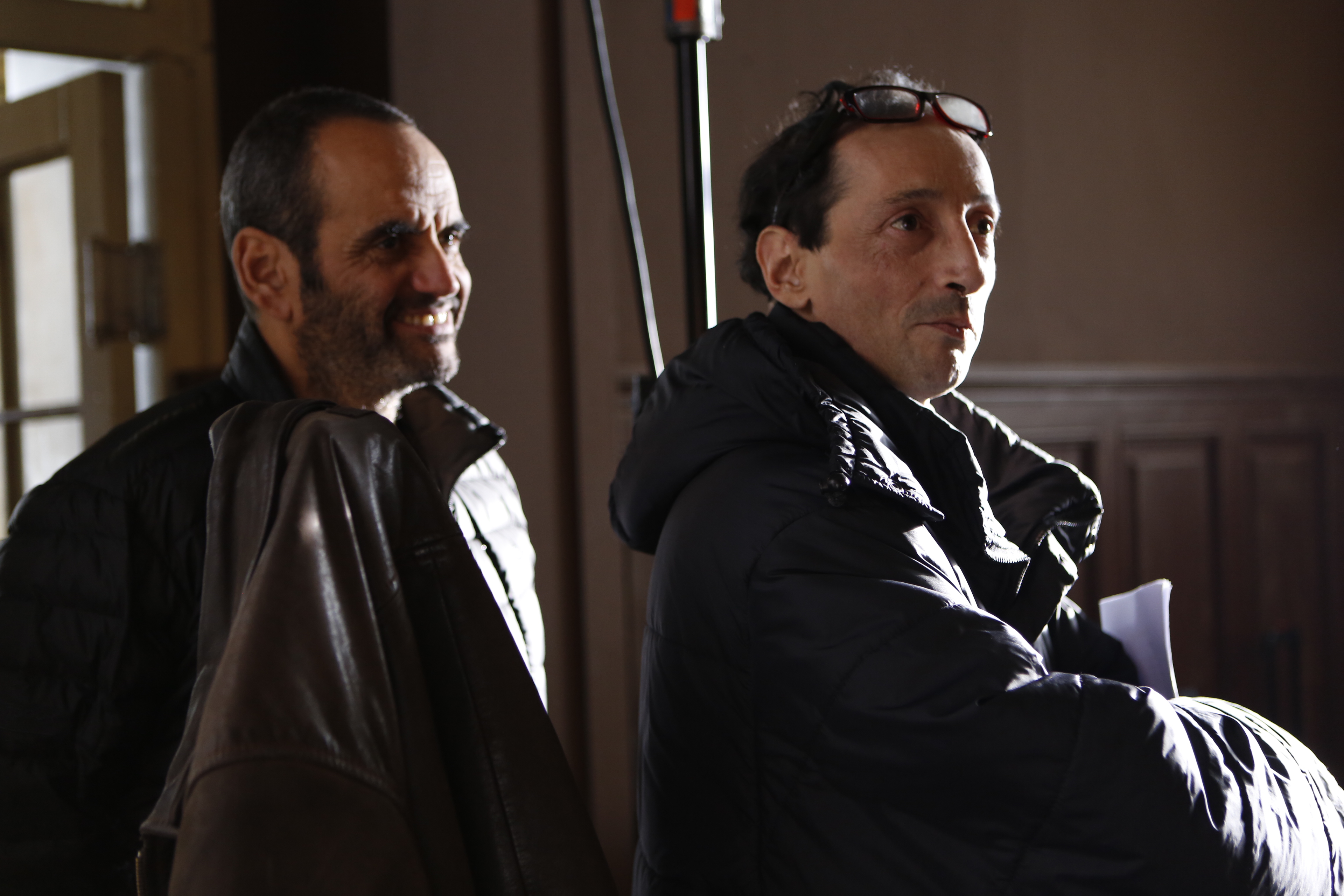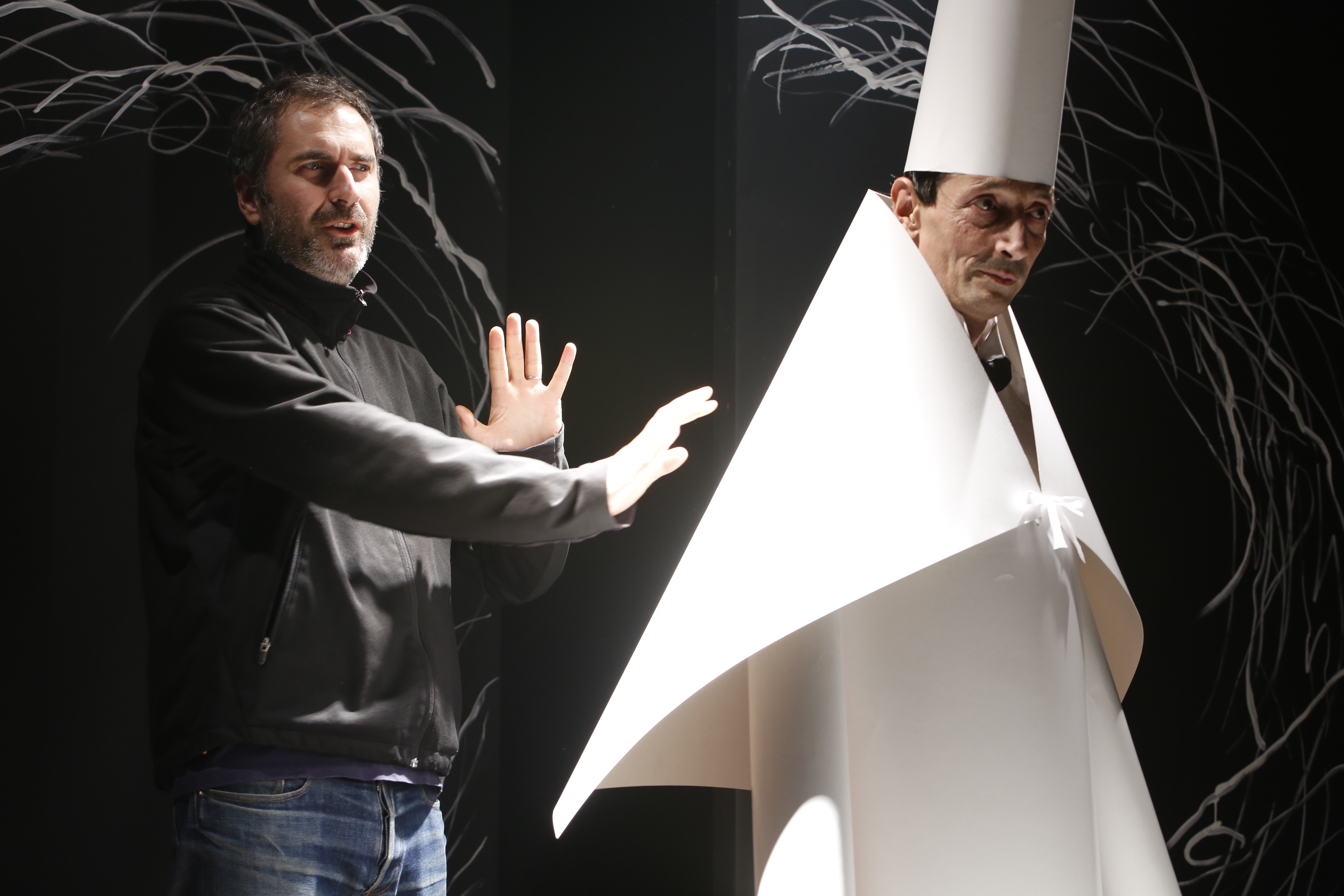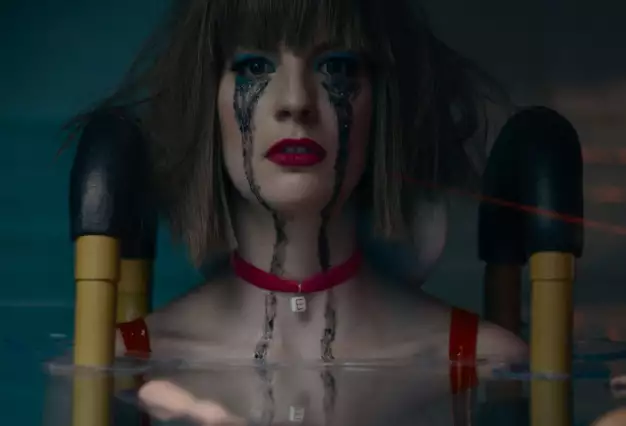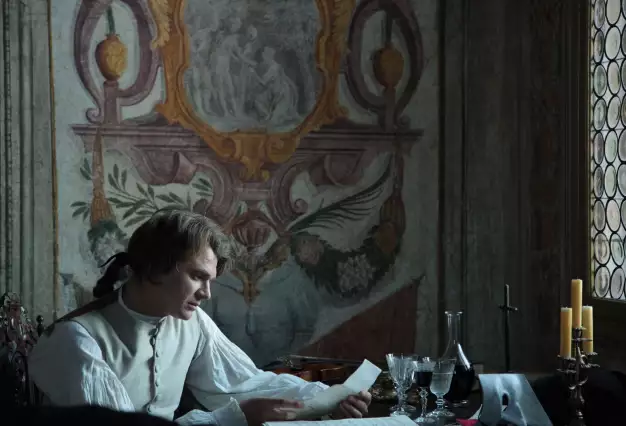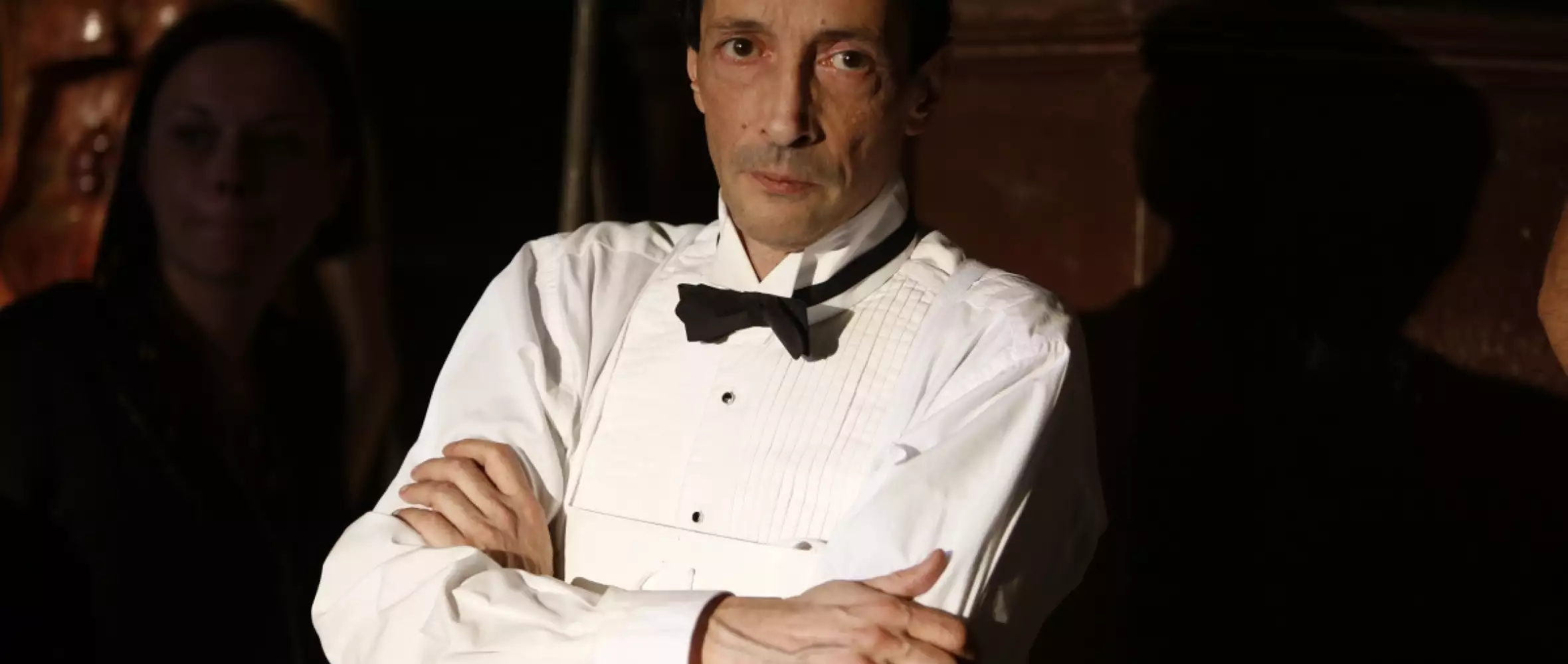
04 May 2016
Artemio Benki
The ‘many doors’ of Czech-French film funding
Artemio Benki
The ‘many doors’ of Czech-French film funding

Artemio Benki served as executive producer in the Czech Republic on Xavier Giannoli’s Marguerite, a film that was shot in its entirety in and around the Czech capital. His production company, Sirena Films, co-produced the upcoming The Dancer, which has been selected to premiere at the Cannes International Film Festival in the Directors’ Fortnight sidebar, as well as Olivier Assayas’s Personal Shopper, which will screen in competition as part of the official selection at the French Riviera’s coveted film festival.
Do you feel like the Czech film industry is at a disadvantage because of its size?
No, not because of its size. When I look around, some countries are comparable to each other. But France is hardly comparable to the Czech Republic. It has seven times more people, it is much richer, it is producer no. 1 in the whole Europe. And it has millions of grants! If you don’t get one grant, you can go to another place where there is another grant. If you don’t get the second grant, you can go to another place for a third, and then you still have a Plan D, or a Plan E. At one point, if you get a “no” everywhere, you know it’s wrong, and then you might think about doing something else. Here in the Czech Republic, you go for Plan A. There is something between a Plan A and a Plan B; but after that, it’s finished. If you don’t get a grant, and nothing from Czech TV, then your project won’t happen, unless you already have a fortune… or you win the lottery!
Is it easier to secure funding if a project is a co-production?
It is not easier, but it definitely opens more doors, for example in terms of distribution. I am not saying that it makes it easier to find money in the Czech Republic. It is hard work. Obviously, in the Czech Republic it works very well if you want to make the next comedy. But comedies don’t travel; the genre doesn’t travel well, because a French joke is not funny in the Czech Republic, and a Czech joke is not funny in France. For a comedy, or something that is very local, it can be interesting, but the film stays inside the country. For somebody who has the ambition to go abroad, whether with a very auteur-driven film or a very commercial film – for example, Petr Vaclav or Jan Svěrák – it is going to be very expensive. It’s gonna take more time, but you’re gonna have the potential to make more money, and your film will be shown around Europe, which is important. If we look at the projects that are shown abroad, most of them are co-productions.
How is France different from other co-production partners?
The system in France is pretty particular compared with any other country in Europe; it’s a bit more complicated. It’s a rich country in terms of granting, and it has strong, relatively rich television channels that want to invest in cinema. But each country has its own particularity. I would rather say there is a big difference between Europe and let’s say Anglo-Saxon countries in terms of economy. Even England is somewhere between Europe and the US in terms of financing.
How does the system in the UK compare with the one in France, or in the rest of Europe?
More difficult. With England and the US, [a Czech partner is] more focused on service production. Right now, I am co-producing a French film on which we are the minority partner, and at some point, I started talking to some of these partners about a majority Czech project that can find some money or distribution in France. So, this kind of “renvoi d’ascenseur”, this reciprocity, can work – or it can theoretically work – between countries in [mainland] Europe. With the US or England, not really. Some reciprocity is starting to happen, though. The tax rebates started to change things and make it more attractive.
Can you give a brief summary of the assistance provided by the European Commission’s Media programme and the Council of Europe’s Eurimages fund?
The Media programme is much more for the projects you are developing yourself. It gives you money to develop a film [or a television drama]. The very funny thing is that your project has to be developed enough to get money for development. Eurimages is for the production process. It provides money for shooting, and it is much more money than Media. Let’s say the money for developing a feature film can be 50,000 euros. A grant from Eurimages can be 500,000 euros. And Eurimages happens only when it is a co-production between countries.
And is that an incentive for you to get more countries involved as co-producers?
Yes!
You mentioned that comedies are often too local to travel beyond their borders. When you were developing Marguerite, did you ever consider how the film, which is partly a comedy, would play in two very different cultures, namely France and the Czech Republic?
When the director [Xavier Giannoli] and I were discussing it, he was thinking more about whether it would work on the audience in general, also abroad. Of course, he wanted the film to work in the Czech Republic, and he’s also attached to the country because of the shooting, because he started to have the idea when he was shooting a commercial here 10 years ago. He was walking, he told me, “I want to shoot here. I have this idea, but I don’t have a script yet.” He wanted the film to work here, but he wanted it to work all around the world. The film was sold abroad, and it has been pretty successful, but he was not pointing specifically, like, “Oh, it should work in France and the Czech Republic.”
How did it benefit Marguerite to have the shooting take place in Prague?
The production costs would have nearly doubled if we had shot the film in France! People asked us, “Really? You did it for that amount of money?” That was an advantage; that was inspiring for the director. The film was bigger than it would have been because he could do a lot with the money he had. That was a big advantage.
Do you think it is easier to produce a French film in the Czech Republic than to make a Czech film in France?
Theoretically, no. In practice, yes. Theoretically no, because you can get the money in France. But it becomes more complicated in practical terms, because France is not an easy place where to shoot. It is more complicated because it is more expensive, because of where the country is: It is more complicated to shoot in France in general than in the Czech Republic. Regarding the financing, there are grants that are only for co-productions with other countries. So, it is theoretically possible. The shooting part is more complicated because France is more complicated! But they are trying to change it, to make it more welcoming.
In your experience, how does the challenge of funding and marketing a Czech-language film compare with that of a film in French?
In the minds of people worldwide, a French film is from a big country that is making many films. Here in the Czech Republic, and all around the world, everybody will know some French actor. They will talk about Vincent Cassel, Marion Cotillard, they will know Juliette Binoche or Catherine Deneuve or [Gérard] Depardieu. If you mention the Czech Republic, they will think of the Czech New Wave and all these sweet-sour comedies, this kind of humour, but that is really far back. That is something that has disappeared from the minds of people who are 20, 30, even 40. So, I think it is easier to market a French film.
How has the atmosphere changed in terms of co-production between the Czech Republic and other countries in Europe since the 1990s?
Compared with the beginning of the 1990s, when I started, the Czech crews are far better, and the system is working much better. In the 1990s, people had just come out of a system, communism, which had been a very different way of working. They started to work on bigger films, European films, Western films; they started to learn more about their profession and learn a certain rhythm. In the 1990s, the technicians or the crew members were not among the best in Europe. But I think that now they are.


